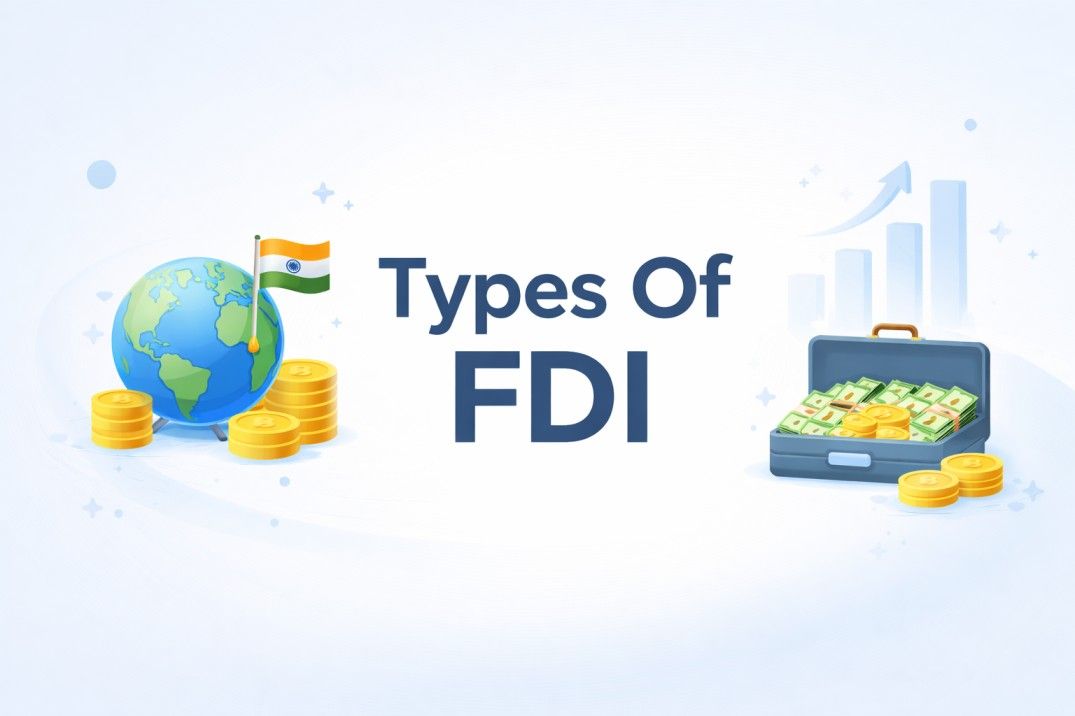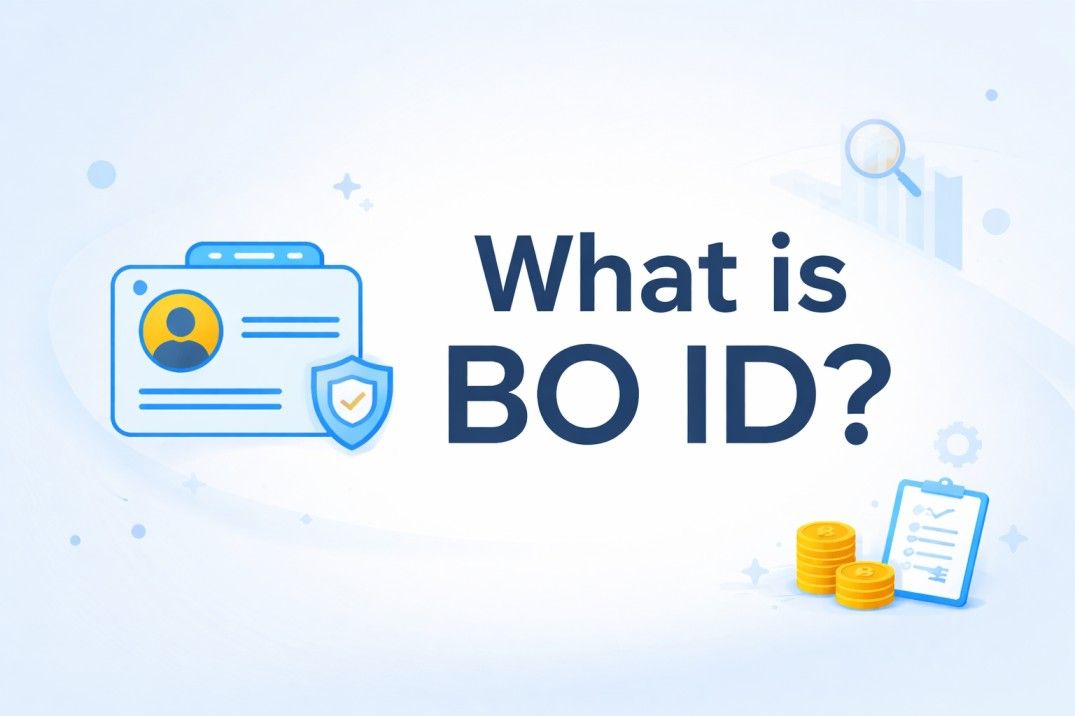- Home
- Blog
- Mutual Funds
- How to Invest Equity Mutual Funds in Stock Markets
- How to Invest Equity Mutual Funds in Stock Markets
How to Invest Equity Mutual Funds in Stock Markets

- Published Date: January 06, 2021
- Updated Date: June 17, 2025
- By Team Choice
To begin with, let’s understand Mutual Funds first:
Mutual Funds, like the name suggests, are Investments pooled from various investors like you to formulate a pool of money. This accumulated amount is invested by the Asset Management Company i.e. AMC in various investment schemes with great growth potential such as Stock Markets, Bonds, etc.
Based on where they invest; Mutual funds are classified as:
- Equity funds
- Debt funds, and
- Money Market funds
So, what are Equity Funds?
Equity Mutual Funds, also known as stock funds, are funds that invest chiefly in stocks i.e. securities that are traded in stock exchanges. The funds invest in stock markets either actively or sometimes even passively via an index fund.
So, an Equity Fund is the one where it invests 65% or more of its assets in Equity shares of companies i.e. Stocks in distinguished quantity by their Investment mandate. The focus is either growth-oriented or value-oriented.
And post this; the remaining amount may be invested in debt instruments and/or money market instruments.
Moving further, understand the importance of NAV:
In an Equity Mutual Fund; an investor invests as per the NAV.
Net Asset Value (NAV) is the price that they pay for each unit of the fund. Net Asset Value is the book value of the fund.
Some operational understanding: The difference between, what the mutual fund owns (assets) and what the mutual fund owes (liabilities) is the Book Value or NAV. The shares that the fund bought are the assets and Liabilities are the expenses that are incurred for operating the mutual fund.
And, the NAV is something that is directly affected by the Market’s fluctuations.
Equity Funds are differentiated typically as per their market capitalization:
- Large-Cap Funds: Invest in large-sized companies and possess comparatively a lower risk within the equity category.
- Mid-Cap Funds: Investing in mid-sized companies relatively hold higher risk than the large-cap category of funds.
- Small-Cap Funds: Invest in small-sized companies and are known to have the highest risk within the equity category.
- Multi-Cap Funds: Invest into companies across any market capitalization i.e. either large-cap or mid-cap or small-cap.
There can be a further classification on basis of Sectors and Themes too:
- Sector Funds: So, these are basically Equity Funds that invest in a particular sector. For example:
- Pharma Mutual Funds
- IT Mutual Funds
- FMCG Mutual Funds
- Thematic Funds: These are funds that Invest as per a particular theme which they have decided to follow. For example:
- Digital India
- Consumption Story
- Emerging Businesses
And, then there are special Tax Saving Mutual Funds:
- ELSS Funds: These are basically Equity Linked Savings Scheme, investments in which are exempted from Taxation up to INR 1.5 Lakhs under Section 80C of Income Tax Act, India. They invest across market-caps, across sectors, across themes. And, Investments in ELSS Mutual Funds have a lock-in period of 3 years.
Now, why should you invest in Equity Mutual Funds?
There are some really useful benefits of investing in equity funds which are as follows:
- Easy on pocket: A large sum is not required to invest here. You can begin with a SIP of as low as Rs.500. And, if you want to invest at once, there’s an option of Lumpsum investment too.
- Growth in NAV: The NAV’s growth being powered by the decreased liabilities typically corresponds directly with a higher return on Investments for the Investors.
- Compounding effect: The profit that investors make usually gets re-invested. The power of compounding does its magic for the long term.
- Capital appreciation: Capital appreciation basically benefits to give you high inflation-beating returns. An increase in the stock prices would reflect appreciation in the invested money.
- Dividend Pay-out: Pays investors in the form of dividend payouts, when profit is earned in the form of a dividend on the underlying stocks in its portfolio holding.
- Easy to liquidate: Whenever you need money, you can stop your SIP and the amount can be redeemed at any point in time.
Now, let’s get in the depth of Taxation on Equity Mutual Funds:
This is how the Short Term Capital Gains Tax (STCG), Long Term Capital Gains Tax (LTCG) and Dividend Distribution Tax (DDT) impacted the Investors of Equity Funds:
- If you have stayed invested in the fund for less than a year, you will incur tax on STCG. STCG is taxed at 15%.
- If you have stayed invested in the fund for over a year then you will have to pay tax on LTCG. LTCG over Rs. 1 Lakh is taxed at 10%.
- And, even the distribution of dividends under Equity Funds is taxed at 10% on the dividends declared under these equity schemes.
In Conclusion:
Equity funds are Mutual Funds that invest primarily in Stocks of Companies. They offer widespread diversification to investors with a low, medium, and high-risk appetite. They even help you to Save Taxes.
Also, it provides access to a professional fund manager with a low transaction cost. They’re your typical experts in money markets.
This makes Equity Mutual Funds a very good investment choice for initial and small investors as well as professional investors with the long-term goal of growth in wealth at a higher rate of return.
To get started you can consider the Best Equity Mutual Funds to Invest in 2018 for growing your Wealth:
Large Cap Mutual Fund: ICICI Prudential Bluechip Fund Growth
Mid Cap Mutual Fund: L&T Midcap Fund Growth
Small-Cap Mutual Fund: HDFC Small Cap Fund Growth
Multi-Cap Mutual Fund: Aditya Birla Sun Life Pure Value Fund Growth
ELSS Mutual Fund: Axis Long Term Equity Fund Growth
Recommended for you

Types Of Foreign Direct Investment (FDI): Benefits, and Key Factors

Blue Chip Stocks: Meaning, Benefits, Risks & Top Picks in India

What is BO ID? Meaning, Importance & How to Find?
